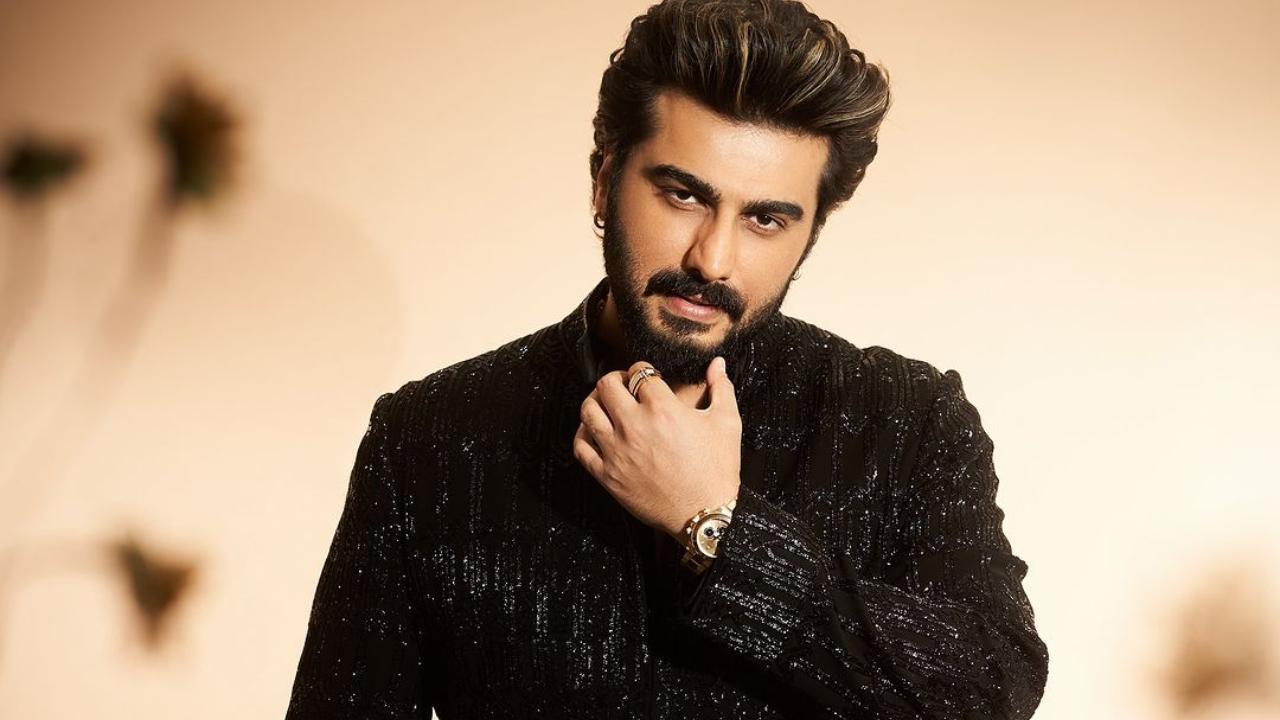
Bollywood actor Arjun Kapoor, known for his strong family ties and love for his many sisters – Janhvi Kapoor, Khushi Kapoor, Anshula Kapoor, Sonam Kapoor, Rhea Kapoor, and Shanaya Kapoor – recently shared an important and poignant message on Instagram. The message was posted on the occasion of Raksha Bandhan, a Hindu festival that celebrates the bond between brothers and sisters. However, in the wake of the horrifying Kolkata rape-murder case that has left the nation in shock and grief, Arjun’s message became especially significant.
Raksha Bandhan is traditionally a day when sisters tie a rakhi (a symbolic thread) around their brothers’ wrists, and in return, brothers pledge to protect their sisters. This annual ritual underscores the importance of sibling bonds and responsibilities. But in his message, Arjun Kapoor sought to expand the festival’s traditional meaning to address a broader, and perhaps more crucial, societal issue—women’s safety and the role of men in fostering that safety.
In the heartfelt video shared on his Instagram, Arjun Kapoor started by acknowledging the discomfort many felt celebrating Raksha Bandhan against the backdrop of such a tragic event. He said, “I’m about to go and celebrate Raksha Bandhan with my sisters, guys. It feels really strange to celebrate a festival that has to do with protecting each other, protecting your sisters, being there for the women in your life, especially with what’s happening. While we see so much anguish and a lack of basic understanding and education amongst a lot of men, when we celebrate Rakhi, we talk about being a brother and taking care of our sisters.”
He posed an important question that challenges deeply ingrained norms: “Why aren’t we taught how to make the environment safe enough for all our sisters to roam around without needing a brother? Why does the narrative constantly focus on physical protection rather than emotional and psychological empowerment? Yes, we often see the brother as the protector or the man as the guardian, but I think somewhere we need to teach men to make women feel safe rather than making men feel responsible for protecting women.”
Arjun then delved into a larger conversation about societal education and the roles that families and communities play in conditioning men and women alike. He added, “It’s a much bigger conversation.
. There’s a lot of education needed, a lot of conversation, and a lot of basic understanding that is lacking in our ecosystem. I don’t know how much this will change how people think, but it’s definitely something that’s been on my mind. Why have we always been told to protect women rather than making them feel safe in the first place? It’s something I’ve thought about for a long time.”
The actor believes that this conversation could serve as a starting point for change. “And hopefully, even if it affects or resonates with a few people, at least it’s a conversation or a starting point. As a brother and as a man, I feel we need to change how we perceive women in our lives. Men should be taught to allow women to feel safe around them, not just to be there to protect them. This would be a monumental lesson if we could make the women around us feel secure, not just for their safety but to empower them to live their lives fully.”
Arjun Kapoor concluded his powerful message with a hope that many men would reflect on how they can contribute to making women feel stronger and more powerful by ensuring their safety. “I just hope a lot of men think about how to be there for the women in their lives and make them stronger and more powerful by making them feel safe.”
On the work front, Arjun Kapoor is set to appear as the antagonist in Rohit Shetty’s much-anticipated film ‘Singham Again’.
By bringing up these thought-provoking questions and insights, Arjun Kapoor’s message on Raksha Bandhan encourages a fundamental shift in how society treats women’s safety. His call to redefine protection as creating a feeling of safety rather than a physical assurance forms a critical part of the ongoing dialogue on gender equality and the role of men in fostering a safer environment for women.












